Counseling is a rapidly growing profession that has experienced an increase in interest since the Affordable Care Act defined addiction to drugs or alcohol as a treatable illness. Since more treatment centers are filling up with people who can finally afford treatment, they need additional counselors on their staff who can guide people through recovery. The cost of being a counselor can vary according to where one goes to school and the type of counseling they choose to do. However, these are the main factors that can help you understand how much it could cost to enter the profession.
Common Educational Requirements
The requirements to become a counselor vary among the states and an employer’s guidelines. For example, some private treatment programs hire recovering addicts as counselors who can provide help based upon their experiences. In these programs, the cost of becoming a counselor may be covered by the treatment center. Higher level counseling positions, however, may require anything from a bachelor’s to a master’s degree, and a PhD is usually required for any counselor that will work in a teaching hospital.
Becoming Licensed
In addition to the costs for education, prospective counselors may also need to take the required exams to prove their competency. These exams often require fees to be paid, and there may be more than one exam to take depending upon a person’s area of specialization. After getting licensed, counselors may also be responsible for taking continuing education courses that may require additional payments.
Working in Stages
For those who are seeking to become a licensed counselor, the costs for education and licensing can be expensive. For this reason, many people choose to become a counselor in stages. Starting out as a private counselor and working slowly up to obtaining a university degree can allow the costs to be spread out over time.
Covering the Costs
Those who are interested in counseling will discover that there are programs available to help pay for school. Many treatment programs provide tuition reimbursement programs and scholarships to their employees who pursue an education. School-sponsored scholarships and work-study programs are also sources of financial assistance that can be of benefit to those on fixed incomes.
The benefits of becoming a counselor far outweigh the costs. During the course of their careers, counselors help countless individuals recover from their addiction, and knowing that they made a difference in the life of others is an amazing experience for those who choose this profession.


Recent Comments